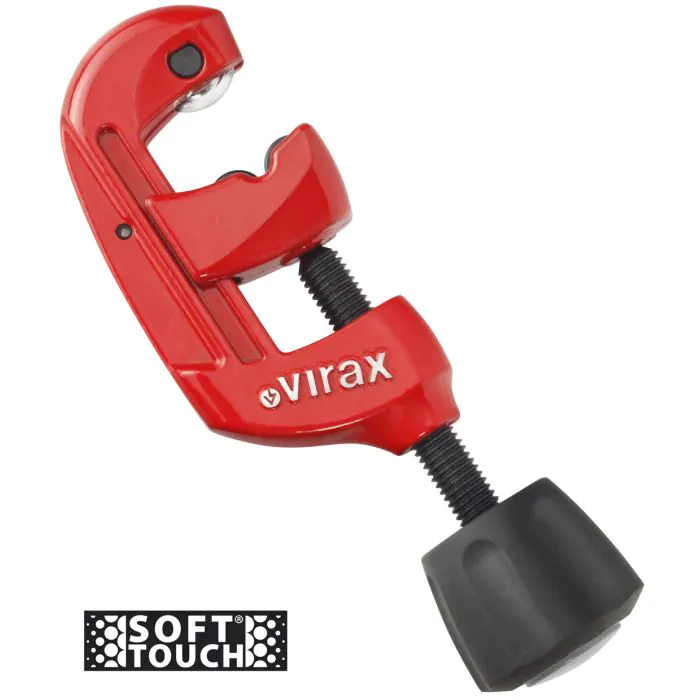High-density polyethylene (HDPE) welding is a critical process in various industries, including construction, manufacturing, and oil and gas. Skilled HDPE welders play a vital role in ensuring the integrity and longevity of plastic structures. This article explores the essential skills required for successful HDPE welding.
Welding Techniques
Butt fusion welding: This technique involves heating the ends of two HDPE pipes or fittings and pressing them together under pressure. HDPE welders must be proficient in preparing the surfaces, setting the correct temperature and pressure, and maintaining proper alignment.
Socket fusion welding: This technique involves heating the end of a pipe and inserting it into a heated socket. HDPE welders should be skilled in preparing the socket and pipe, ensuring proper alignment, and controlling the heating process.
Extrusion welding: This technique involves heating a thermoplastic rod and extruding it into a prepared joint. HDPE welders must be able to select the appropriate rod size and extrusion rate, ensure proper alignment, and control the heating process.
Equipment Knowledge
Welding machines: HDPE welders should be familiar with the operation and maintenance of various welding machines, including hot plate welders, butt fusion welders, and extrusion welders.
Tools and accessories: HDPE welders should be proficient in using tools and accessories such as beveling tools, cleaning solvents, and pressure gauges.
Safety Procedures
Personal protective equipment (PPE): HDPE welders must wear appropriate PPE, including gloves, safety glasses, and respiratory protection, to protect themselves from hazards such as hot surfaces and fumes.
Fire prevention: HDPE welders should be aware of fire hazards associated with welding and take necessary precautions to prevent fires.
Emergency procedures: HDPE welders should be trained in emergency procedures, such as how to respond to electrical shocks or equipment failures.
Quality Control
Inspection techniques: HDPE welders should be skilled in inspecting welds for defects such as porosity, under-fusion, and over-fusion.
Testing methods: HDPE welders may need to perform destructive or nondestructive testing on welds to verify their quality.
Continuous Learning
Industry trends: HDPE welders should stay updated on industry trends, new technologies, and best practices.
Training and certification: Participating in training programs and obtaining certifications can enhance skills and improve job prospects.
By developing these essential skills, HDPE welders can contribute to the successful completion of plastic welding projects and ensure the integrity of structures in various industries.




